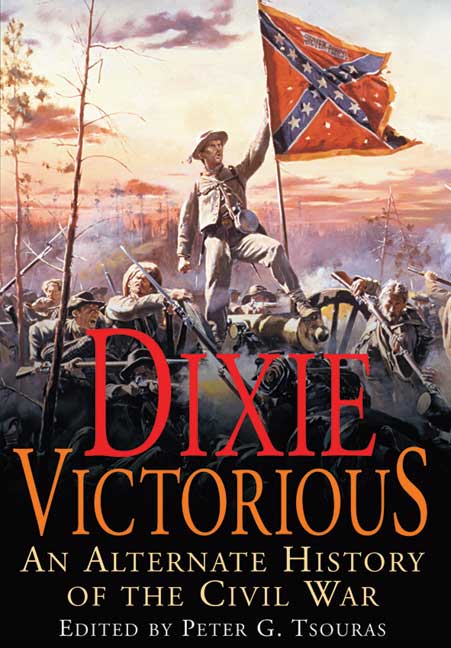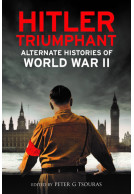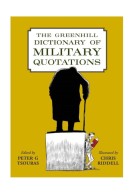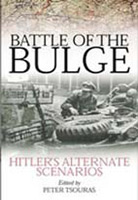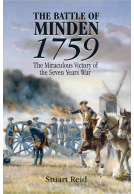Dixie Victorious (Paperback)
An Alternate History of the American Civil War

Pages: 272
Illustrations: 16 pages of plates, 10 maps
ISBN: 9781848326330
Published: 2nd February 2012
(click here for international delivery rates)
Need a currency converter? Check XE.com for live rates
'Solid and provocative.. a series that's a byword among alternate-history fans succeeds in avoiding fantasies and is well up to the very high standard set by earlier entries.' Publishers Weekly
Based on a series of fascinating 'what ifs' posed by leading military historians, this intriguing alternate history reconstructs moments during the American Civil War which could have altered the entire course of the war and led to a Confederate victory. Commencing with real battles, actions and characters, each scenario has been carefully constructed to reveal how at points of decision a different choice or minor incident could have set in motion an entirely new train of events altering history forever.
What if Sherman had been stalled outside Atlanta, and Lincoln had lost the crucial 1864 election? Or if Stuart's Cavalry at Gettysburg had arrived in time to give Lee the freedom of operation he lacked in reality? These and many more convincing scenarios are played out against the dramatic and colourful backdrop of this critical and bloody era of American history.
There are no reviews for this book. Register or Login now and you can be the first to post a review!
About Peter G Tsouras
Peter G. Tsouras is a respected military historian and a leading writer of alternative history in addition to other subjects ranging from Alexander the Great to World War II. His books include Disaster at D-Day, The Daily Telegraph Dictionary of Military Quotations and (as editor and contributing author), Rising Sun Victorious, Dixie Victorious and Cold War Hot.
The Battle of Gettysburg
1st July 1863
The 3-day Battle of Gettysburg was fought in and around the town of Gettysburg, Pennsylvania between Union and Confederate forces during the American Civil War. The battle involved the largest number of casualties of the entire war and is often described as the war's turning point. Union Major General George Gordon Meade's Army of the Potomac defeated attacks by Confederate Gen. Robert E. Lee's Army of Northern Virginia, ending Lee's invasion of the North.
Pickett's Charge
3rd July 1863
During the third day of the Battle of Gettysburg, on the morning of July 3, the Confederate infantry were driven from their last toe-hold on Culp’s Hill. In the afternoon, after a preliminary artillery bombardment, Lee attacked the Union center on Cemetery Ridge. The Pickett-Pettigrew assault (more popularly, Pickett’s Charge) momentarily pierced the Union line but was driven back with severe casualties.







